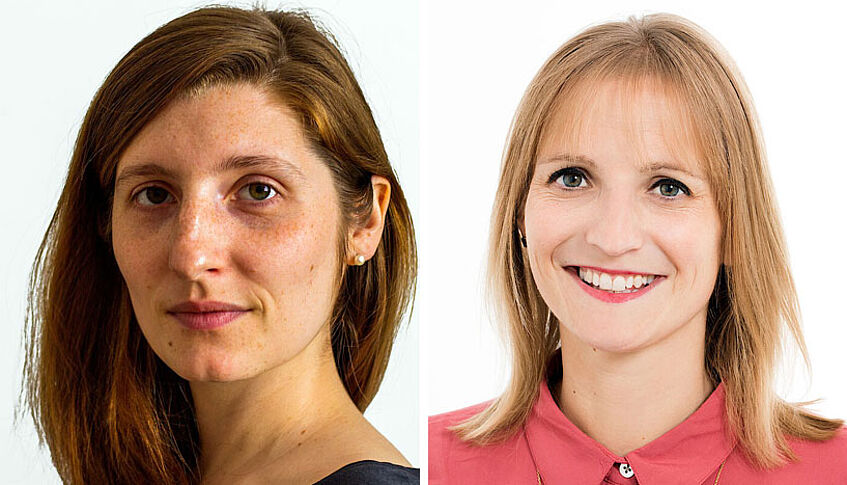
Full title of the project: "Family Aspects of Shame in Children and Adolescents".
Team: Rahel Lea van Eickels, MSc; Univ.-Prof. Dr. Martina Zemp.
Institute/Department: Department of Clinical and Health Psychology, Clinical Child and Adolescent Psychology.
Goal of the project: The goal of this project is to use a variety of methods to examine which aspects of family relationships lead to child and adolescent shame, considering the cognitive mechanisms and implications for mental disorders.
Why is this important and useful? Shame has profound negative effects on self-image and mental health. However, clinical psychology and psychotherapy have explored shame insufficiently so far; thus, its origins, mechanisms of action, and implications for relationships remain poorly understood.
Abstract: Shame is a profound, aversive emotion that directly attacks the self and can thus lead to psychological problems. Shame is both a self-conscious and a social emotion: It first appears, when a child is able to see himself or herself as an independent person, and then especially in situations that have social relevance or in which rules and norms are violated. There is evidence that shame emerges in the relational network of the family, especially the parent-child relationship, and is shaped by family interactions. In this research project, we consider the state of research to date on parent-child relationships and shame by means of a meta-analysis. In addition, we examine pathways from family cohesion to mental illness mediated via shame and emotion suppression. In addition, an experimental approach is used to shed light on a previously ignored potential mediator between family relationships and shame, the self-other distinction.
Explanation - easy to understand: When you feel ashamed, you feel bad. It is normal to feel ashamed from time to time. But when you feel ashamed very often and in various everyday situations, it's a painful condition that can even make you psychologically ill. Our early family relationships are important for how we understand ourselves and our fellow human beings. In our research, we are therefore interested in which behaviors in the family can lead to children and adolescents feeling too much shame.
Links: https://kpkj-psy.univie.ac.at/ueber-uns/das-team/rahel-lea-van-eickels/
https://kpkj-psy.univie.ac.at/forschung/abgeschlossene-forschungsprojekte/sollte-ich-mich-was-schaemen-emotionsentwicklung-in-der-familie/
https://www.researchgate.net/project/Meta-Analysis-The-Parent-Child-Relationship-and-Child-Shame-and-Guilt
https://osf.io/h9ge5/
